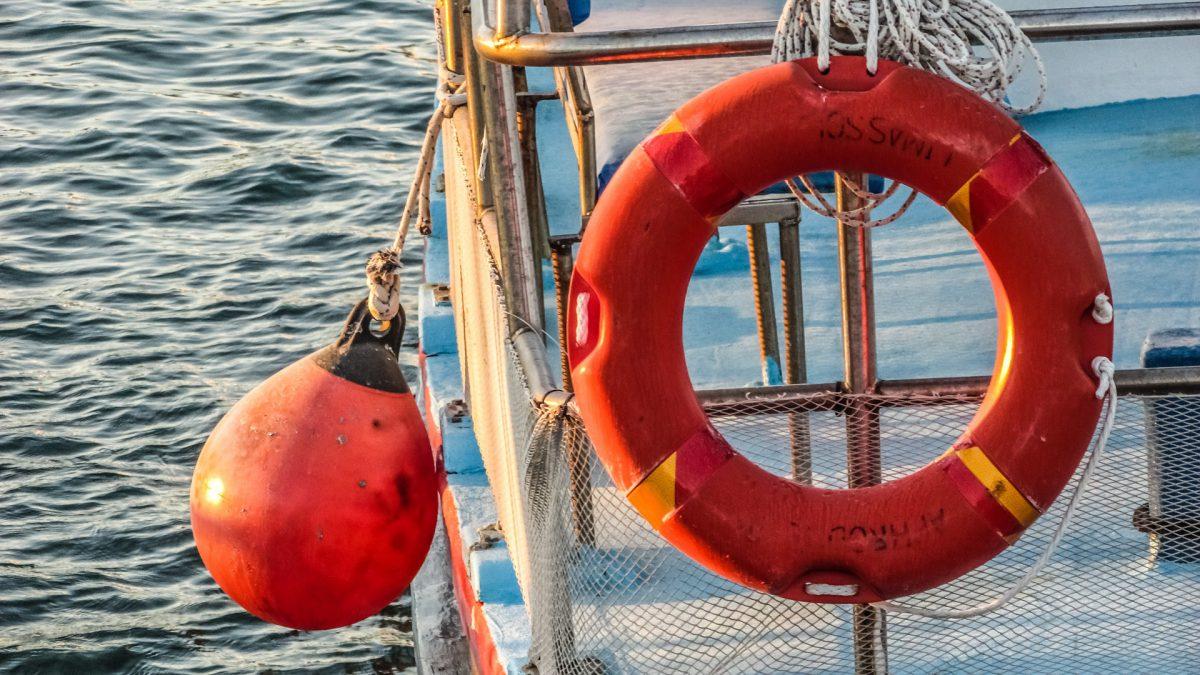
Staying safe at sea
The sea can be a cruel, unpredictable and challenging environment, making it essential that anyone who enjoys spending time on a boat ensures they have a good understanding of how to be safe when they’re at sea.
Boating is generally a safe, popular and exciting activity enjoyed by millions of people in the UK, but it can be dangerous, and incidents can easily become life-threatening, with almost 200 people dying each year in accidents occurring on UK coastlines.
Sadly many boating accidents could have been prevented if the victims had adequate experience and safety knowledge.
To be safe at sea it is important to remember these five key points:
Communication – It is vital that you ensure you have a functioning, waterproof method of communication before you set off on a boat trip. This could be a VHF radio, a whistle or even a distress flare. It is also a good idea to have a backup piece of equipment available just in case the original method fails.
Plan ahead – This step is very important for ensuring your safety at sea, as by planning ahead you can prepare for poor weather conditions, know the tide times and stock up on any supplies you may need on the journey including fuel. When planning a boat trip you should inform someone, who will not be on-board, of your plans, including your destination and how long you expect to be gone for; this way they can raise an alarm if you do not return after the expected time.
Be prepared – In addition to having a method of communication and planning ahead, it is essential that both you and your vessel are prepared. It is your responsibility as a skipper to ensure that your crew, passengers and vessel are all equipped with the right safety equipment and that is used correctly at all times. Safety equipment includes, but is not limited to: lifejackets, kill cords, radar reflectors, signalling equipment, lifesaving signals, first aid kits, distress flares and firefighting equipment.
Know your limits – You, as the skipper, are responsible for the safety of your boat and everyone on board, meaning it is up to you to ensure that your crew has a sufficient level of experience to handle any adverse weather conditions or issues which may arise during your journey. It is also your responsibility to only use your boat within your limits and experience, and this means only sailing or boating to the ability of yourself, as well as your crew, in conditions that you are used to and prepared for.
Maintain your vessel – Every so often equipment can break or become out of date which could lead to a major problem when out at sea. To minimise the risk of this happening, it is important to regularly check your vessel for any wear and tear and promptly fix issues that you find. It may also be useful to have some tools on board just in case you need to fix something whilst at sea, providing you can do so safety.
In addition to these five points it is also important to remember that you should refrain from operating a boat under the influence of alcohol or drugs or if you are significantly tired as this increases your risk of having a serious accident.
Emily’s Code
After a tragic boating accident cost Emily Gardener her life in 2015, her parent’s created Emily’s Code to help people understand how to be safe at sea. This code has been backed by the Royal Yachting Association, HM Coastguard and the RNLI.
WEAR A SUITABLE LIFEJACKET OR BUOYANCY AID
SERVICE EQUIPMENT
GET TRAINED
MAKE A PLAN
KNOW YOUR LIMITS
CARRY DISTRESS SIGNALS
USE THE KILL CORD
KNOW YOUR BOAT
HAVE A RADIO
CHECK THE WEATHER
